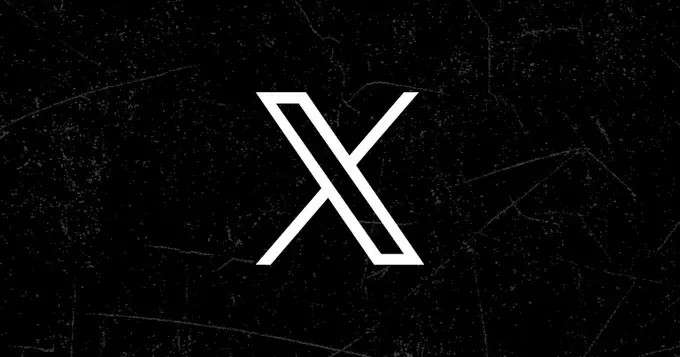The European Union’s recent movement to penalize Elon Musk’s social media platform, X, illustrates the precarious balance between regulatory oversight and freedom of speech. The potential $1 billion penalty for violating the EU Digital Services Act (DSA) not only signifies a crucial moment for X but also raises questions about the relationship between American tech companies and European regulations. This conflict underscores the broader implications of transatlantic dialogue and cooperation when navigating the complex landscape of digital governance.
The Digital Services Act aims to create a safer online environment by holding platforms accountable for the content they host. As the EU grapples with issues like disinformation and harmful content, it has become increasingly vigilant, exemplified by its scrutiny of X’s handling of illegal content. Specifically, the alleged complacency in moderating misleading claims surrounding sensitive topics, such as the ongoing Israel-Palestine conflict, has drawn the ire of regulators. The foundations of democratic discourse are at stake, pressing the EU to enforce its laws vigorously.
Why X’s Response Matters
X’s response to the accusations will not merely reflect its internal policies but will serve as a litmus test for how tech platforms uphold accountability. Elon Musk’s company is already navigating a financial landscape strewn with challenges; the pressure to comply with potentially crippling fines amplifies these difficulties. With ad revenues significantly diminished since Musk’s acquisition, an influx of regulatory challenges could exacerbate the platform’s operational struggles.
The manner in which X plans to contest the EU’s actions—an appeal to the courts—is altogether telling. It suggests a strategy deeply rooted in asserting its right to operate independently while also inviting political support, possibly from allies like Donald Trump. The intertwining of tech business with political clout presents a nuanced discourse around regulatory compliance, freedom of expression, and corporate interests.
Transatlantic Relations: A New Battlefield?
The tension between American tech companies and European regulations represents more than just a legal clash; it reflects a growing rift that may influence international commercial relations. The prospect of Trump, a vocal critic of EU regulations that he perceives as detrimental to American businesses, rallying behind Musk suggests that this issue could escalate beyond the boundaries of technology and into the realm of geopolitical maneuvering.
Regulatory bodies in the EU have increasingly adopted an assertive stance against giants like Meta, TikTok, and now X, but the potential backlash from the U.S. raises the stakes even higher. Trump’s power to mobilize a political response could create a scenario where economic sanctions or tariff threats potentially reshape the very nature of transatlantic trade.
Further complicating matters is the stark critique from officials such as the newly appointed chairman of the Federal Communications Commission (FCC), who labeled the DSA as “incompatible with America’s free speech tradition.” Such statements reflect a burgeoning opposition to excessive regulation that may curtail innovation, emphasizing a comprehensive, narrative-driven battle between contrasting ideologies of governance, commerce, and individual rights.
The Stakes for X and the Broader Tech Sphere
Musk’s X is now at a crossroads, where its operating principles and financial viability are under siege simultaneously. The potential fines from the EU expose a harsh reality for many tech companies: compliance is essential to survival, yet the costs of compliance can be prohibitively stringent. Critics argue that the burden of regulation can stifle innovation while potentially favoring existing players over emerging competitors, thereby solidifying monopolistic tendencies.
If Musk successfully enlists political allies and manages to navigate through the legal labyrinth of the DSA, it could embolden other tech entrepreneurs to resist similar regulations. Conversely, if Musk’s activism fails to yield results, and X continues to hemorrhage money, it might weaken his position as a digital leader, ultimately affecting the broader tech ecosystem.
This precarious landscape demands our attention not just for its immediate implications on X, but also for its broader impact on global tech innovation and collaboration. The dialogues we engage in today will resonate through the next generation of technology and regulation—setting precedents for how we balance free speech, accountability, and the transformative power of innovation.

